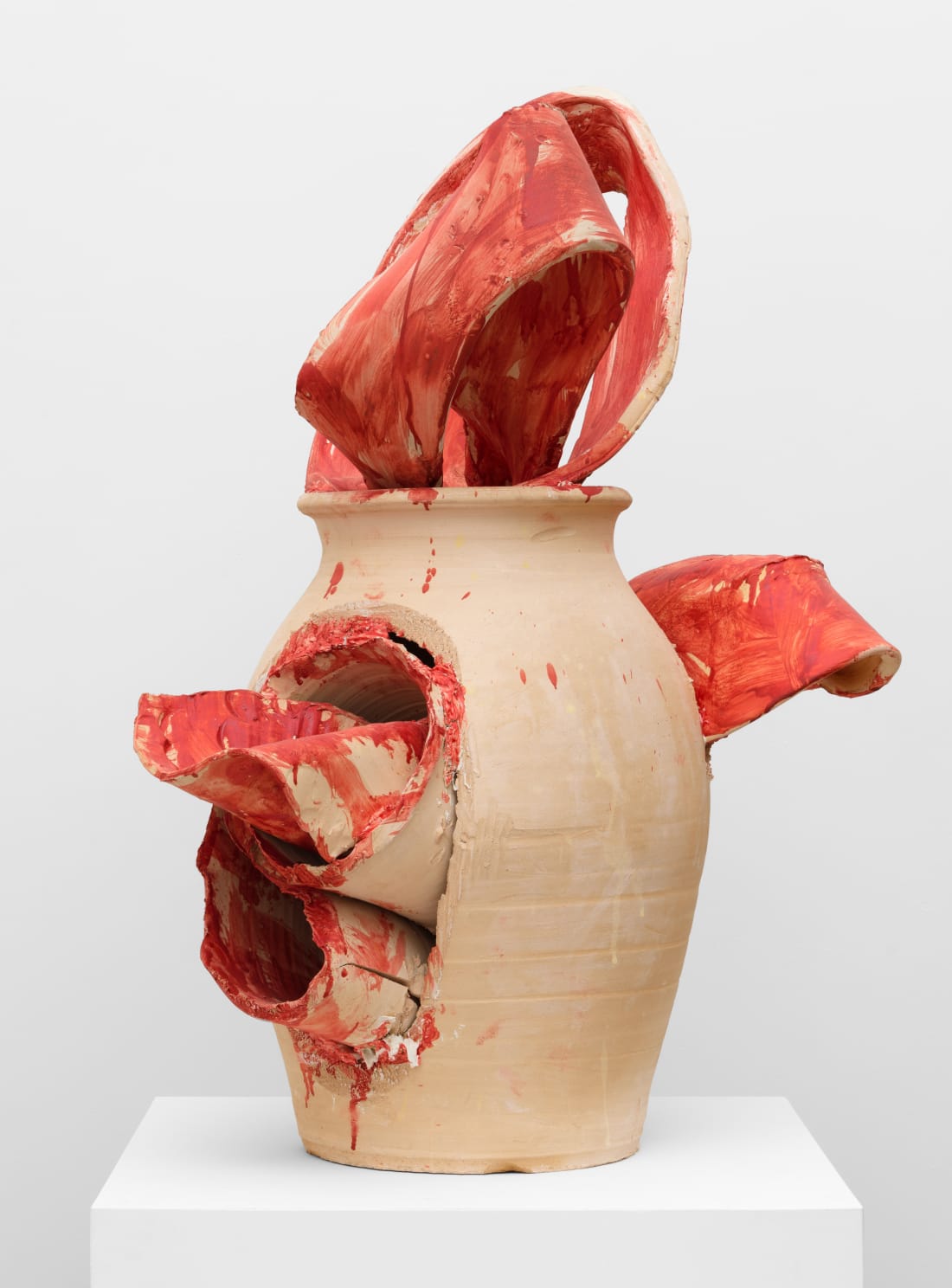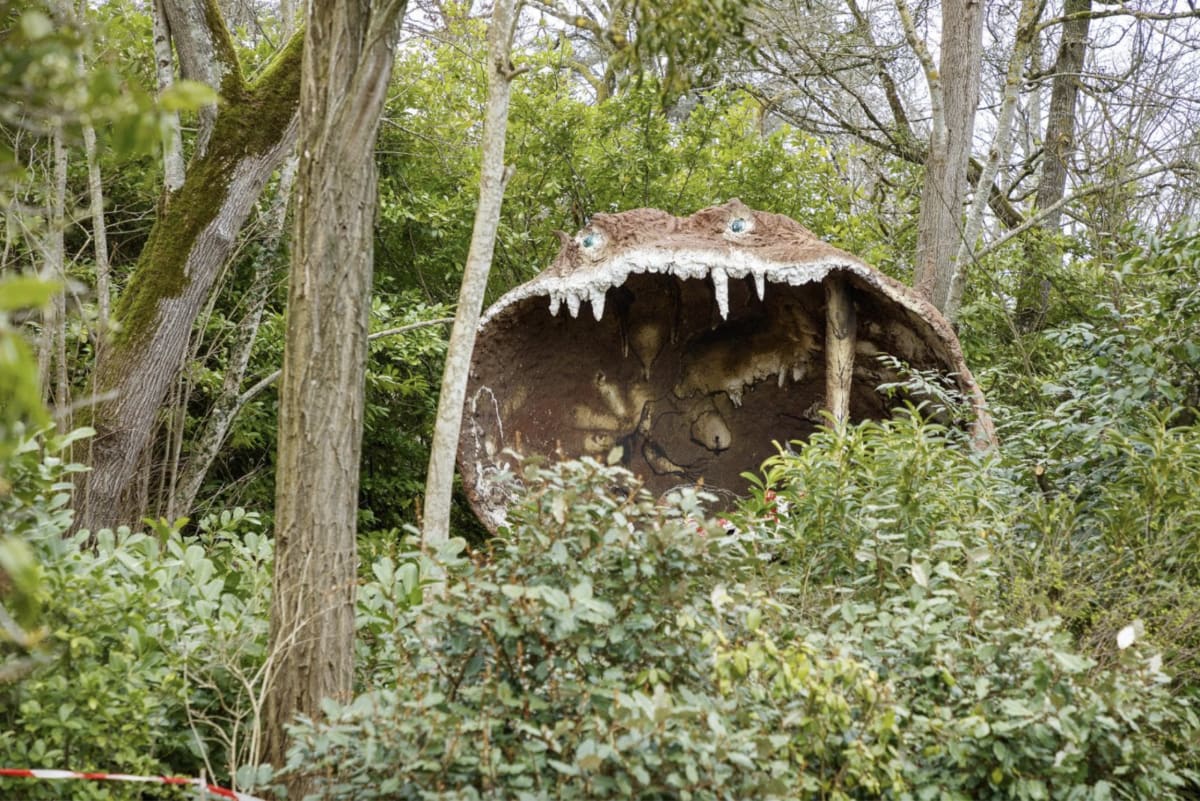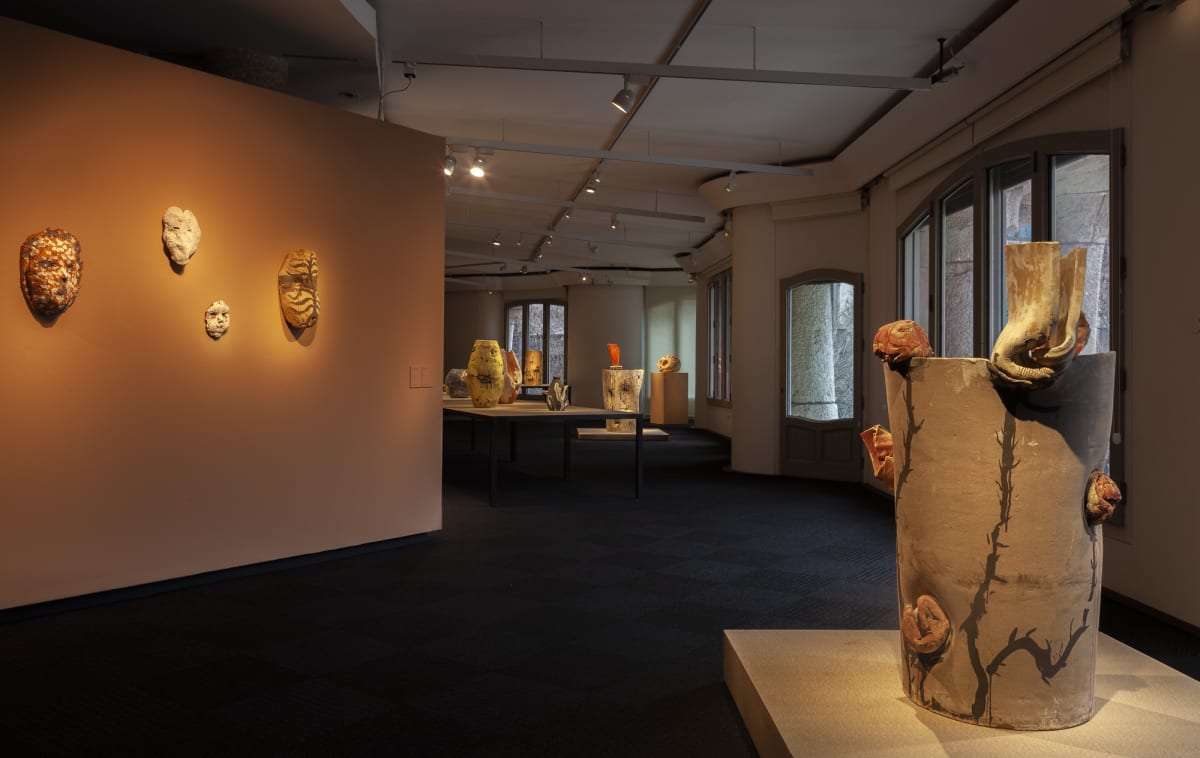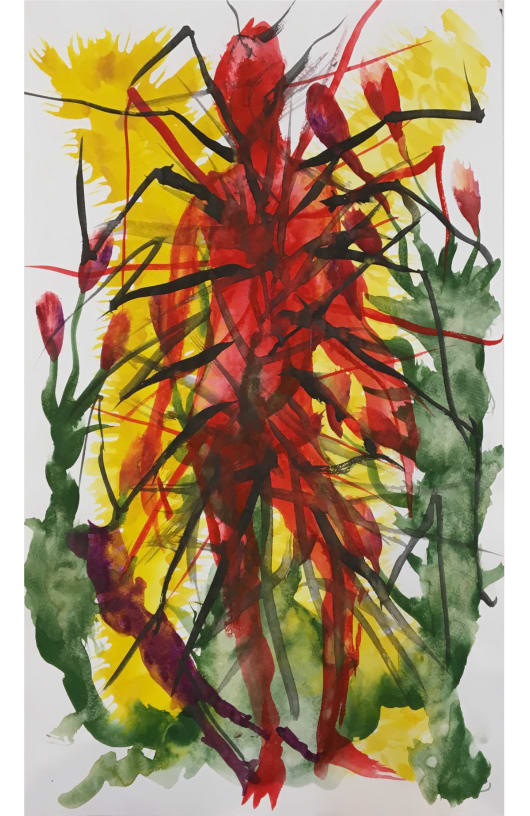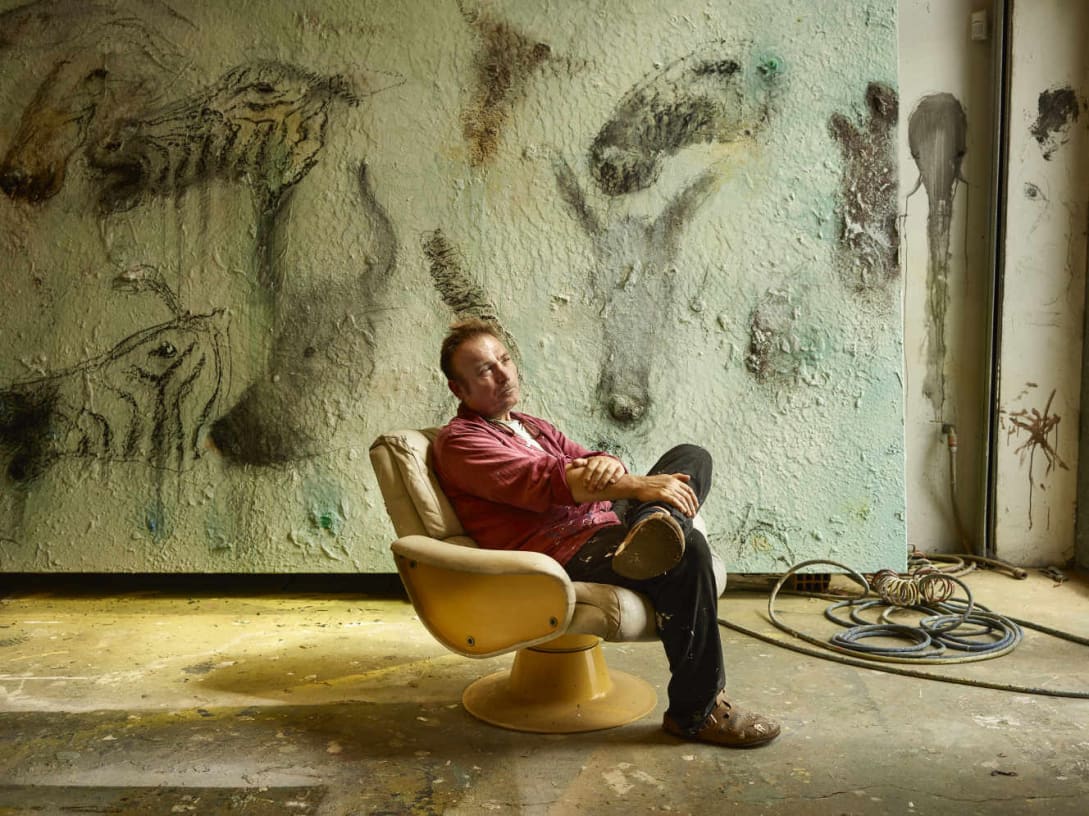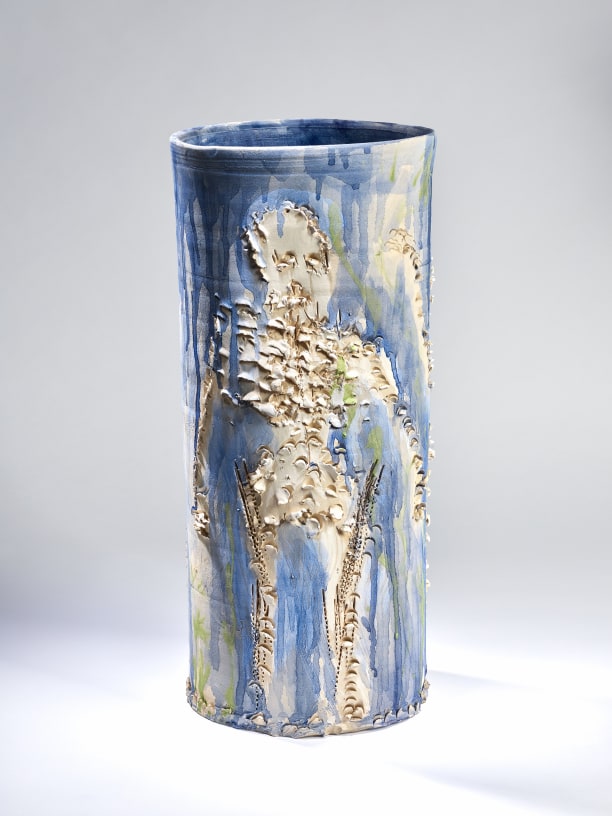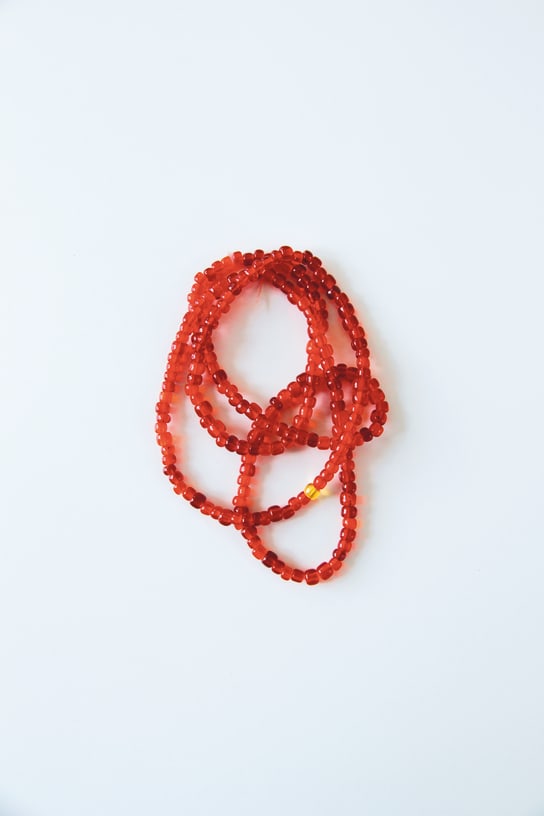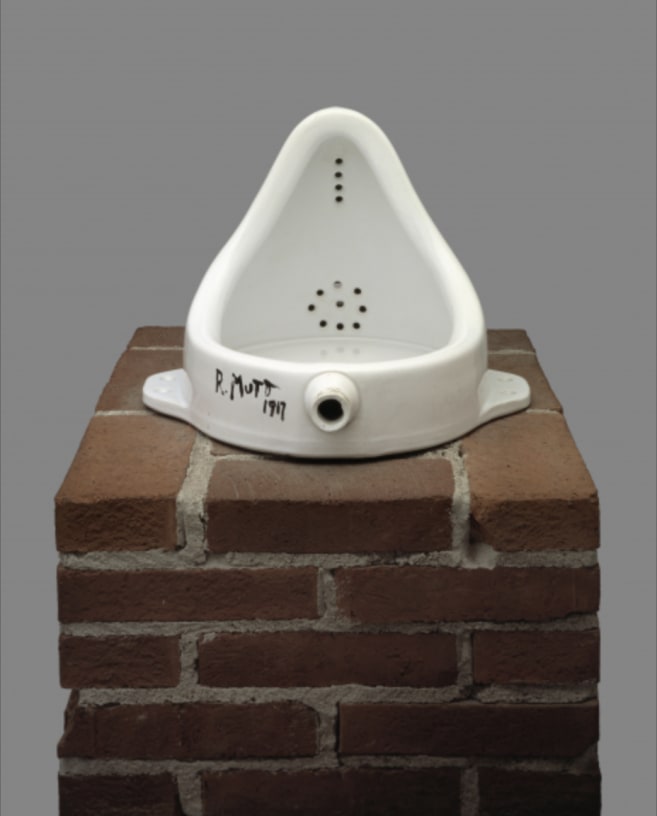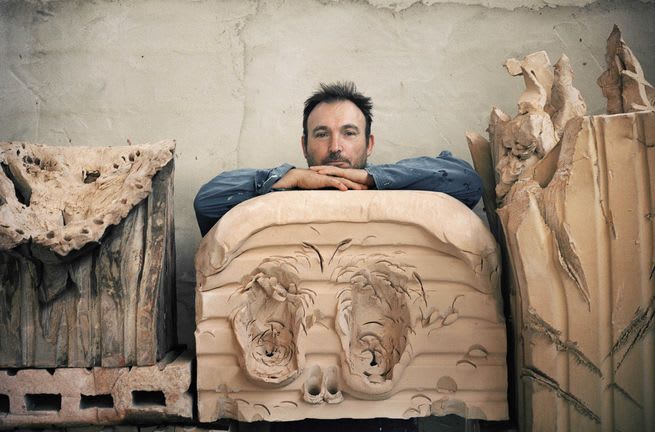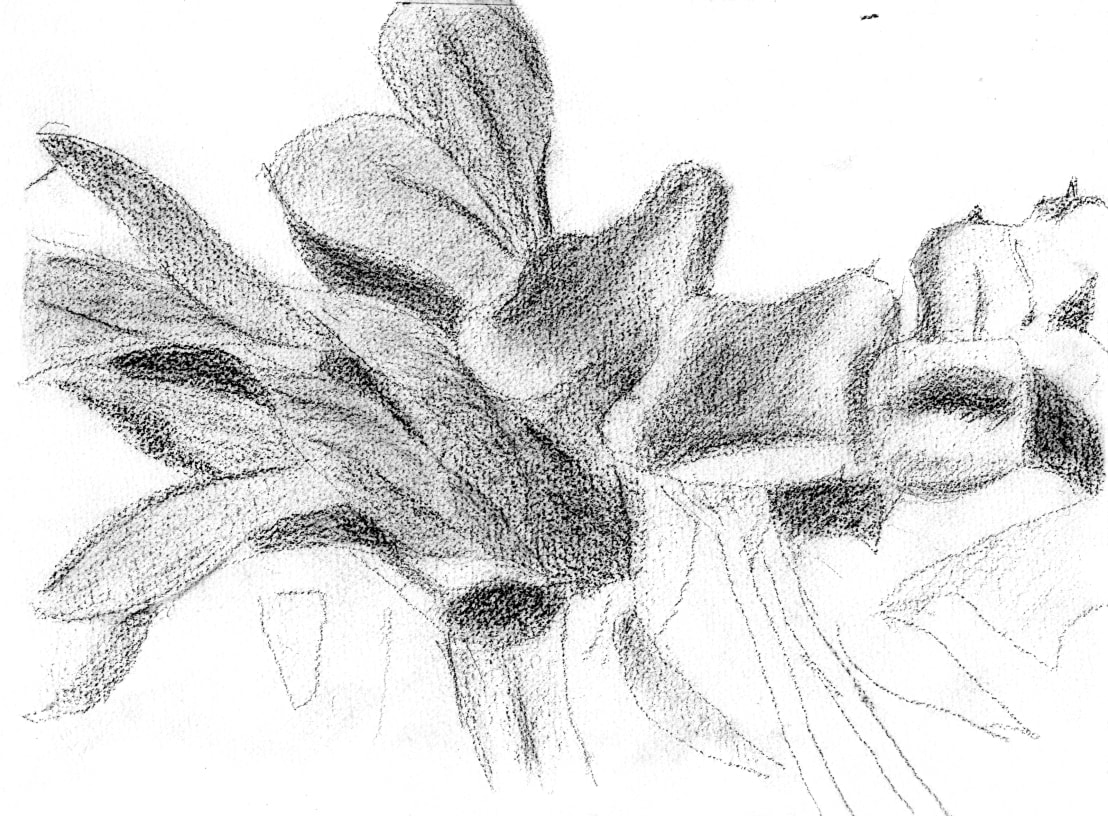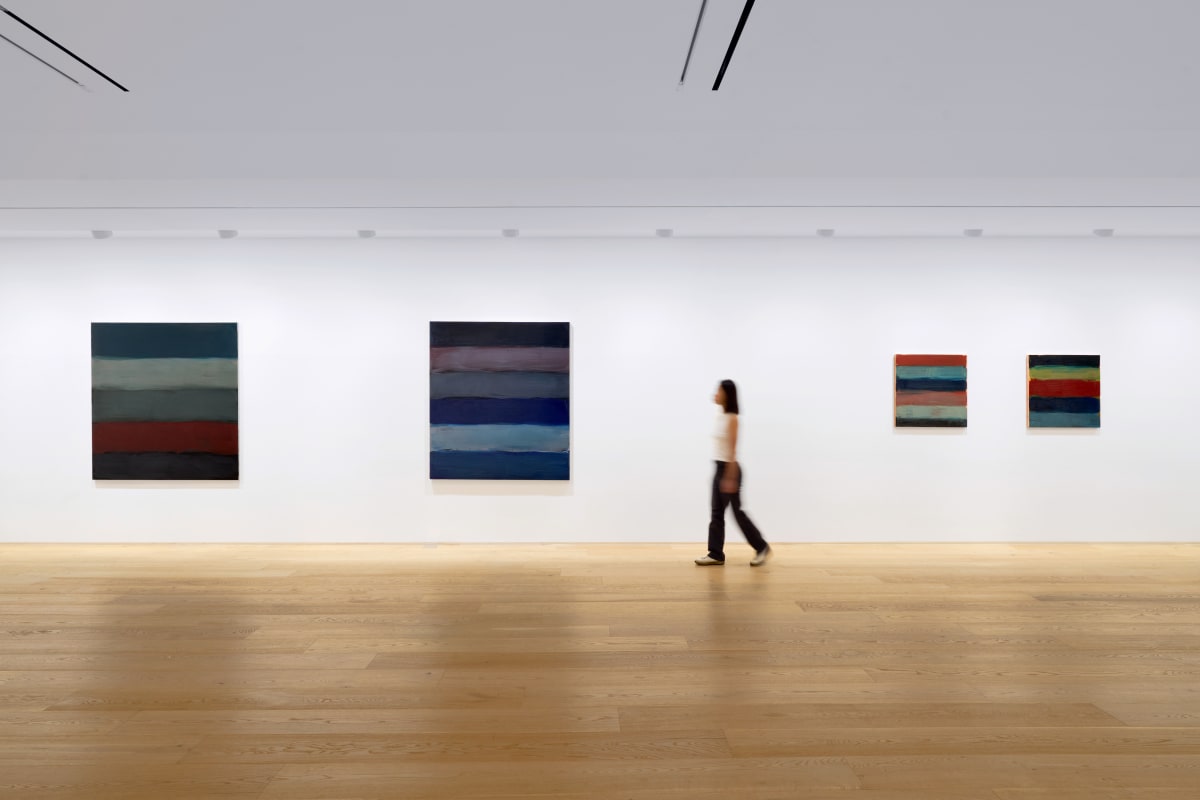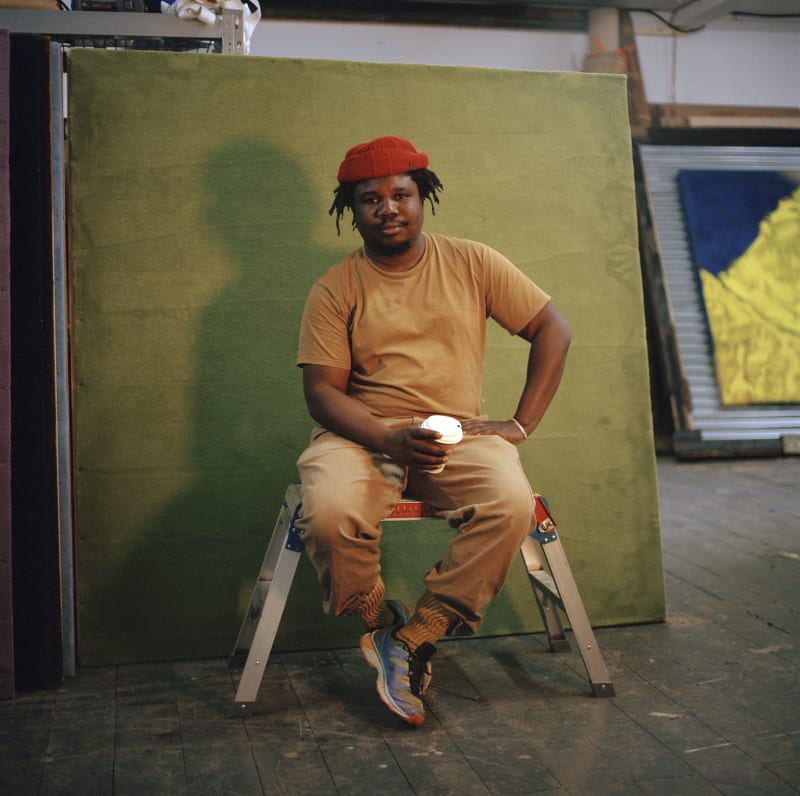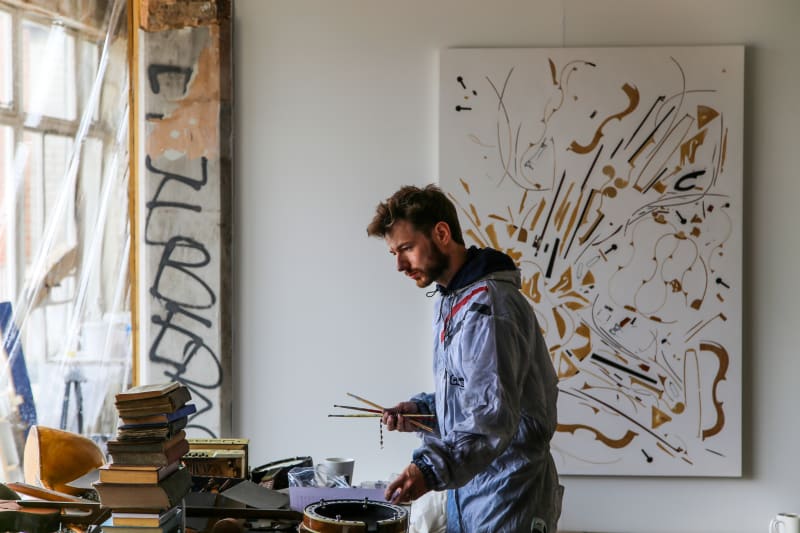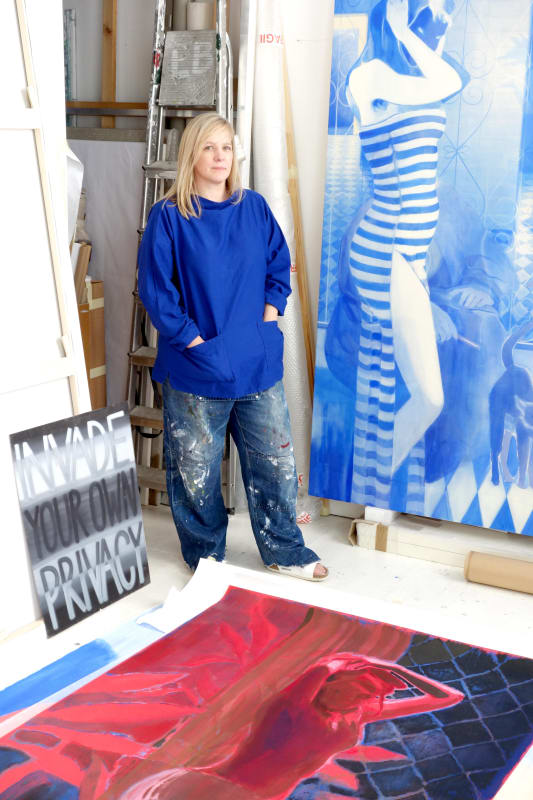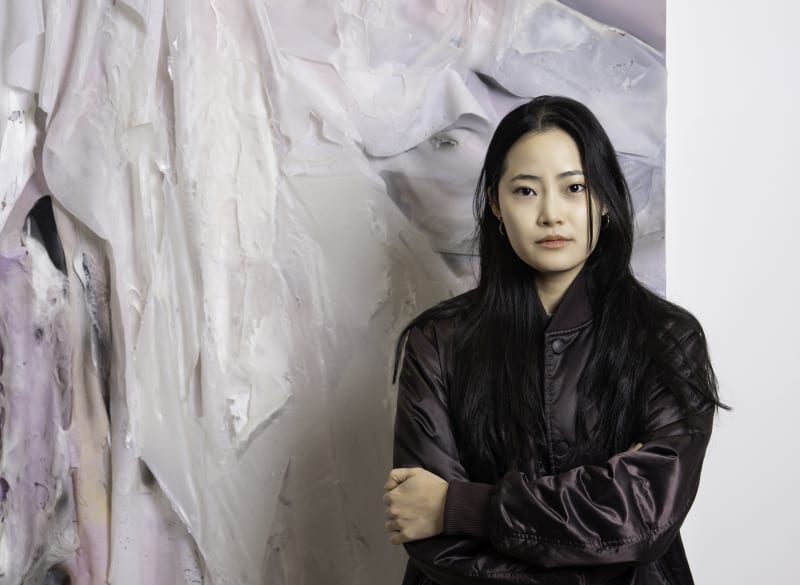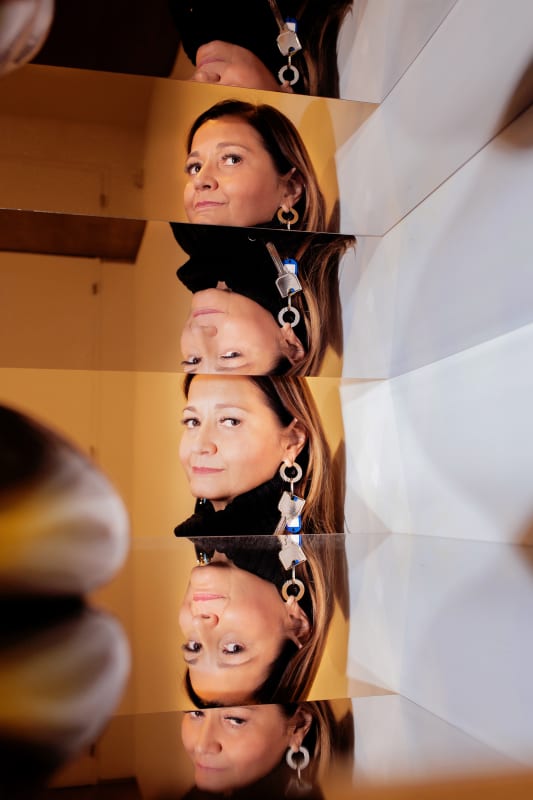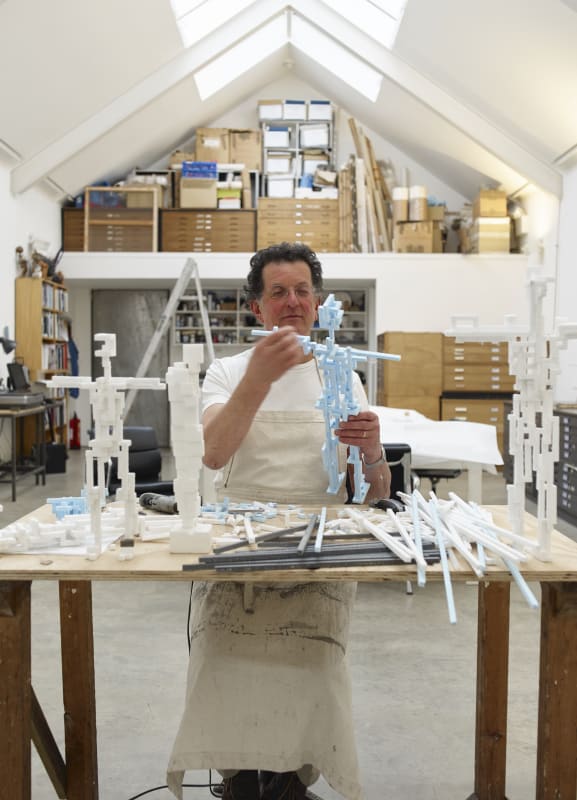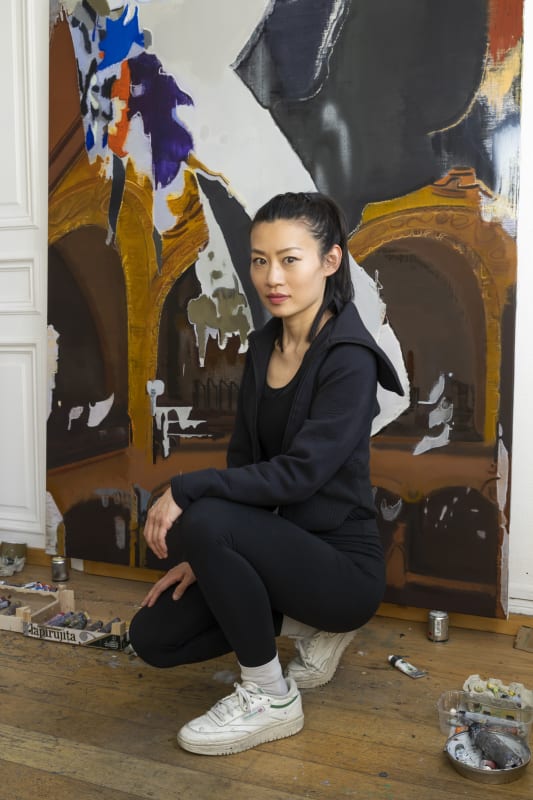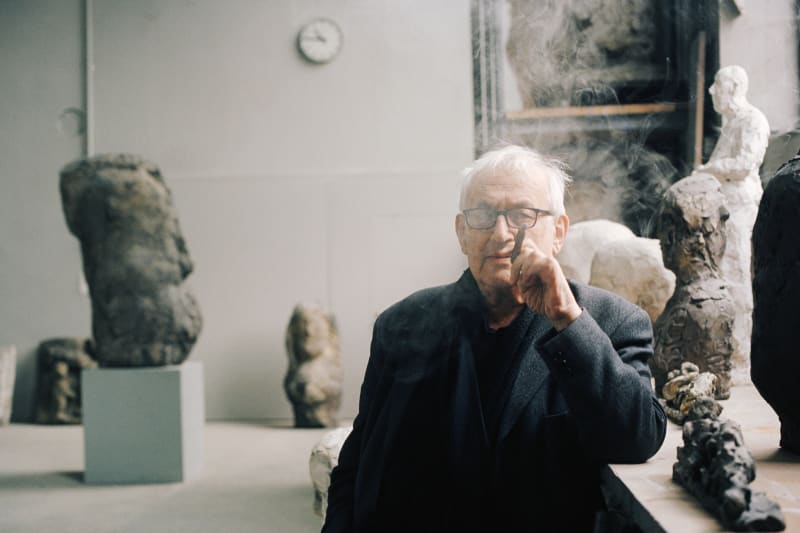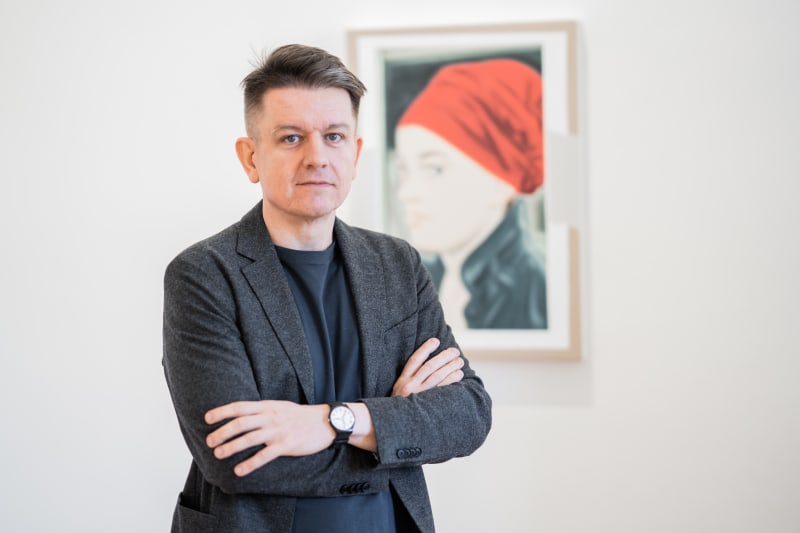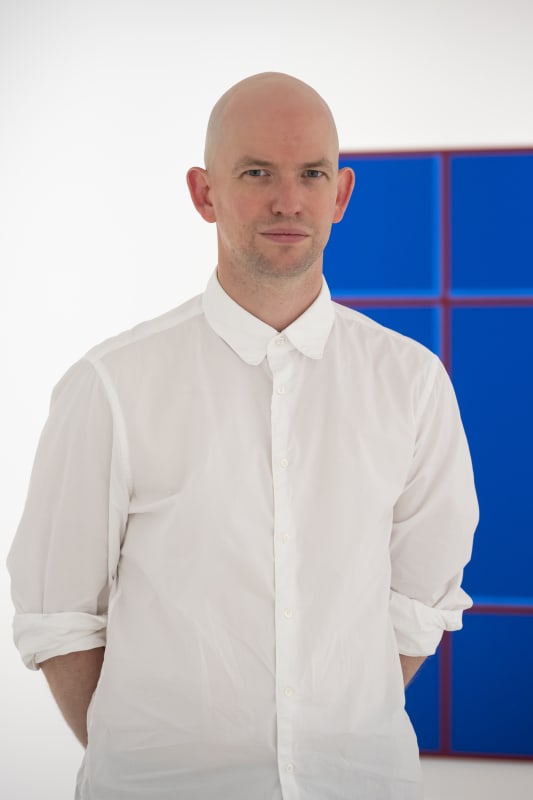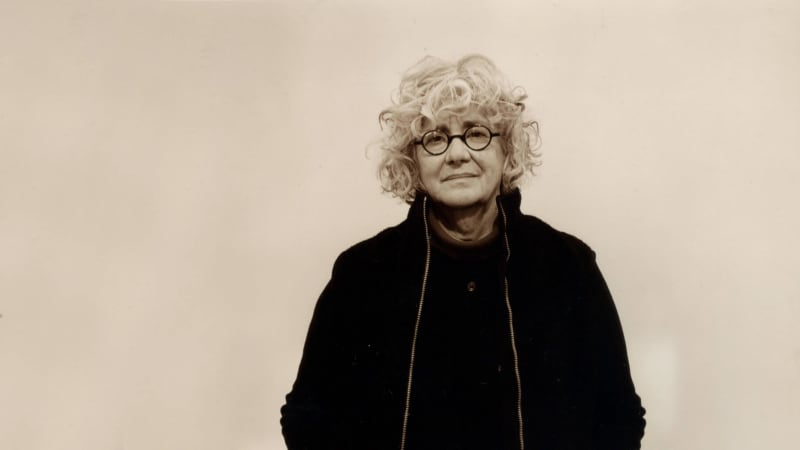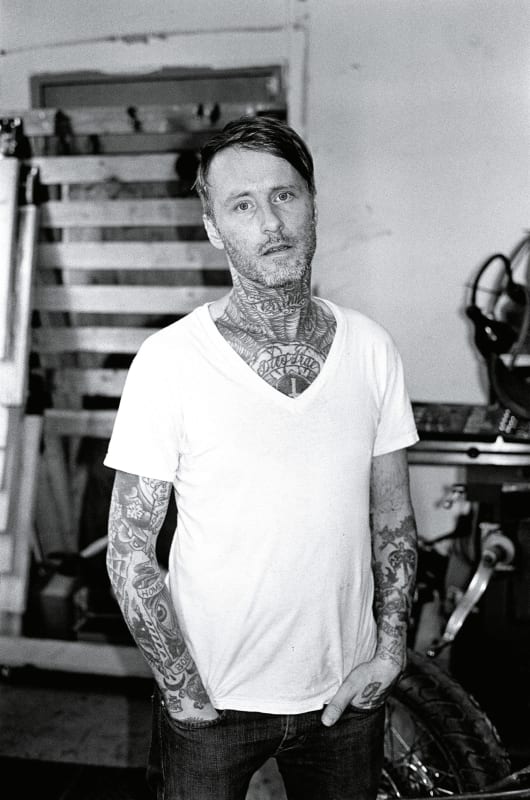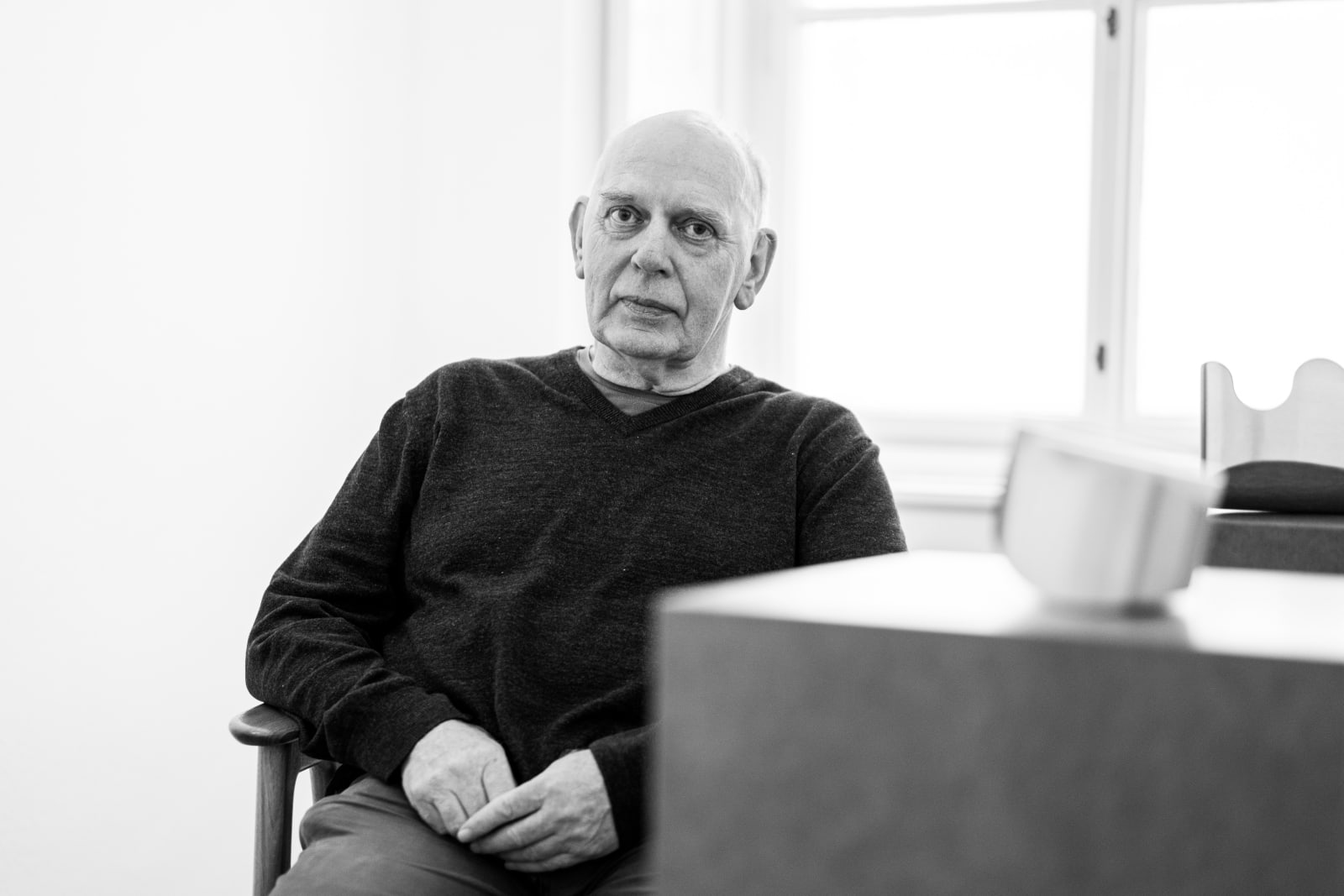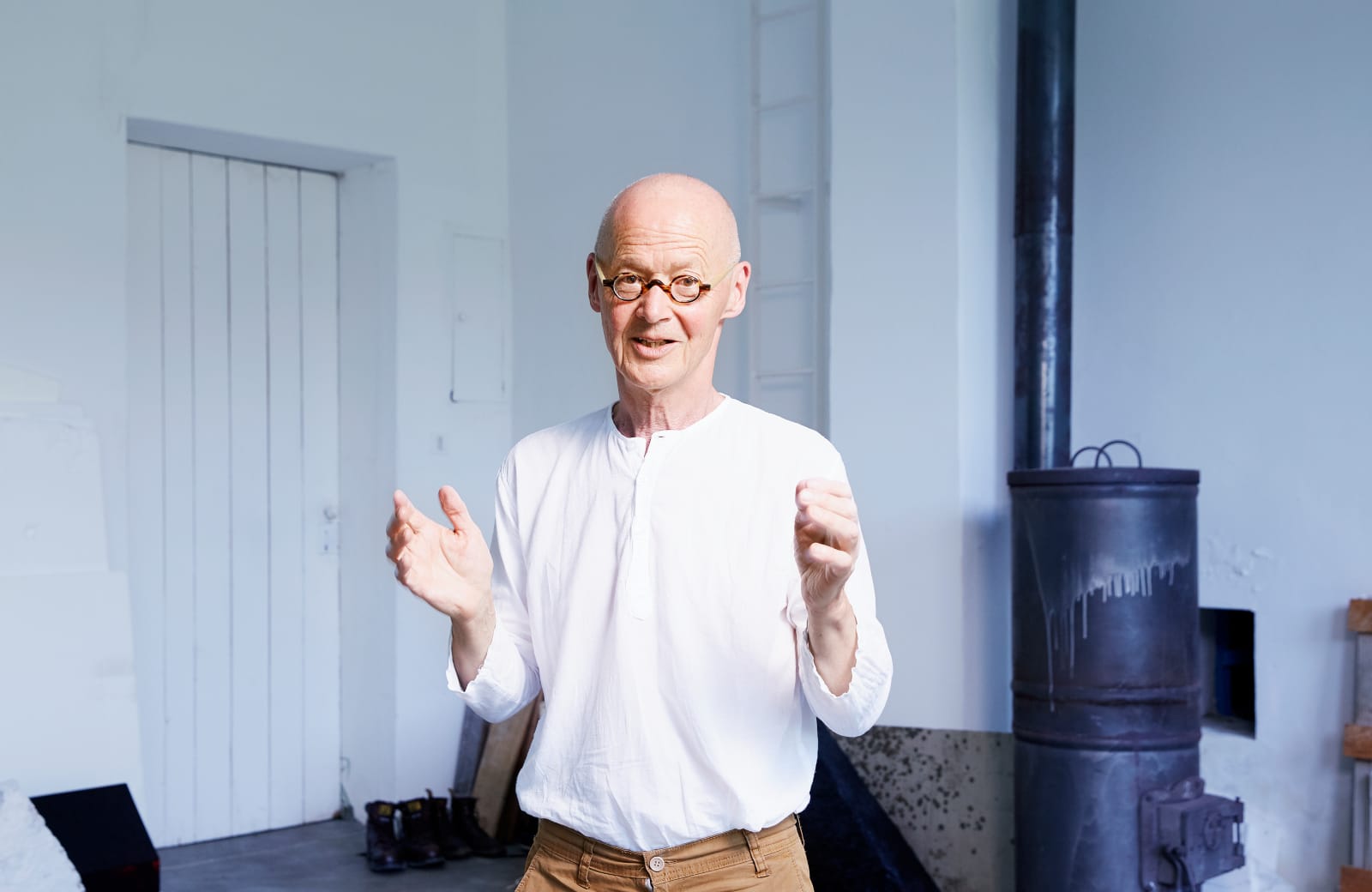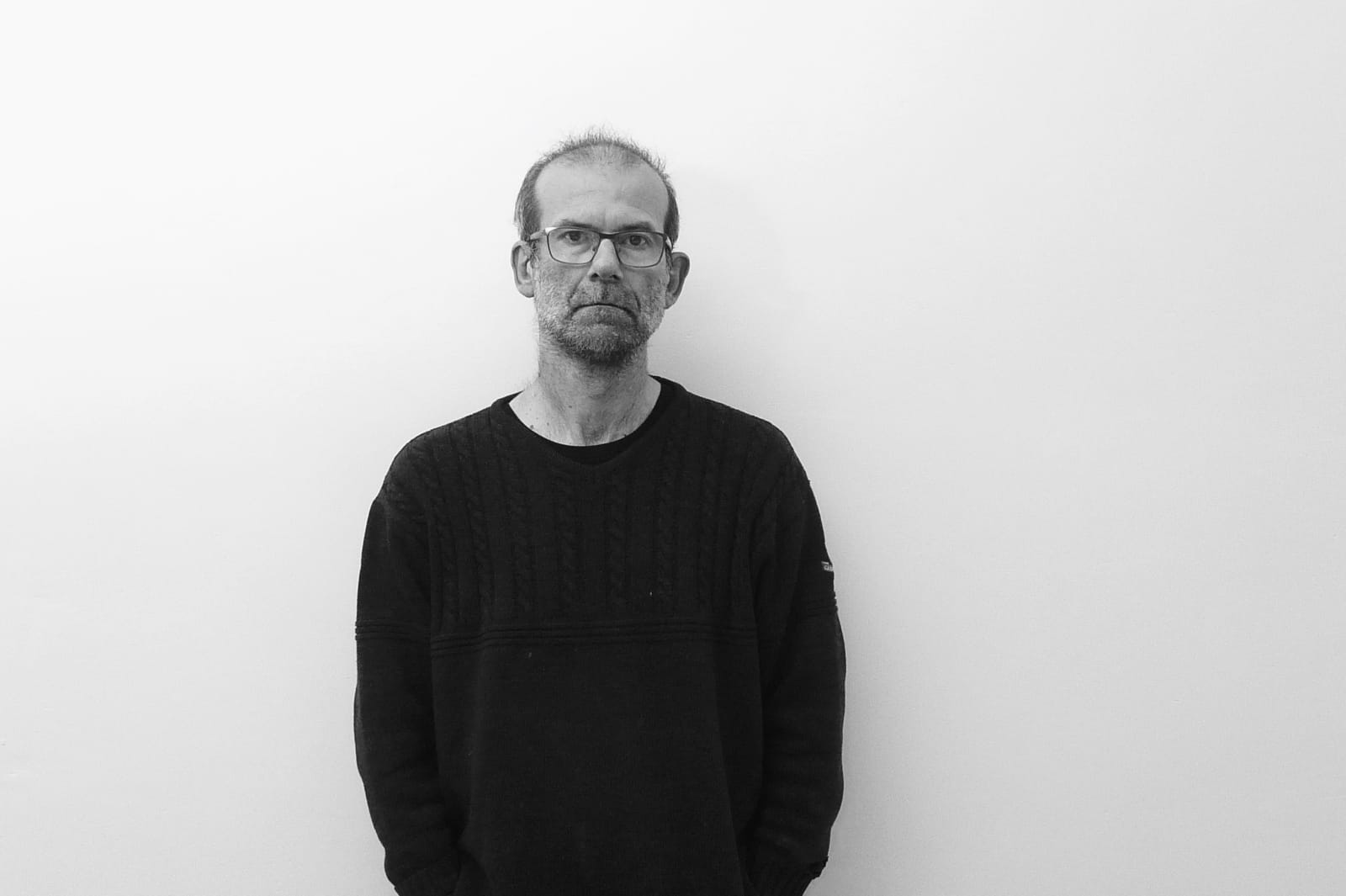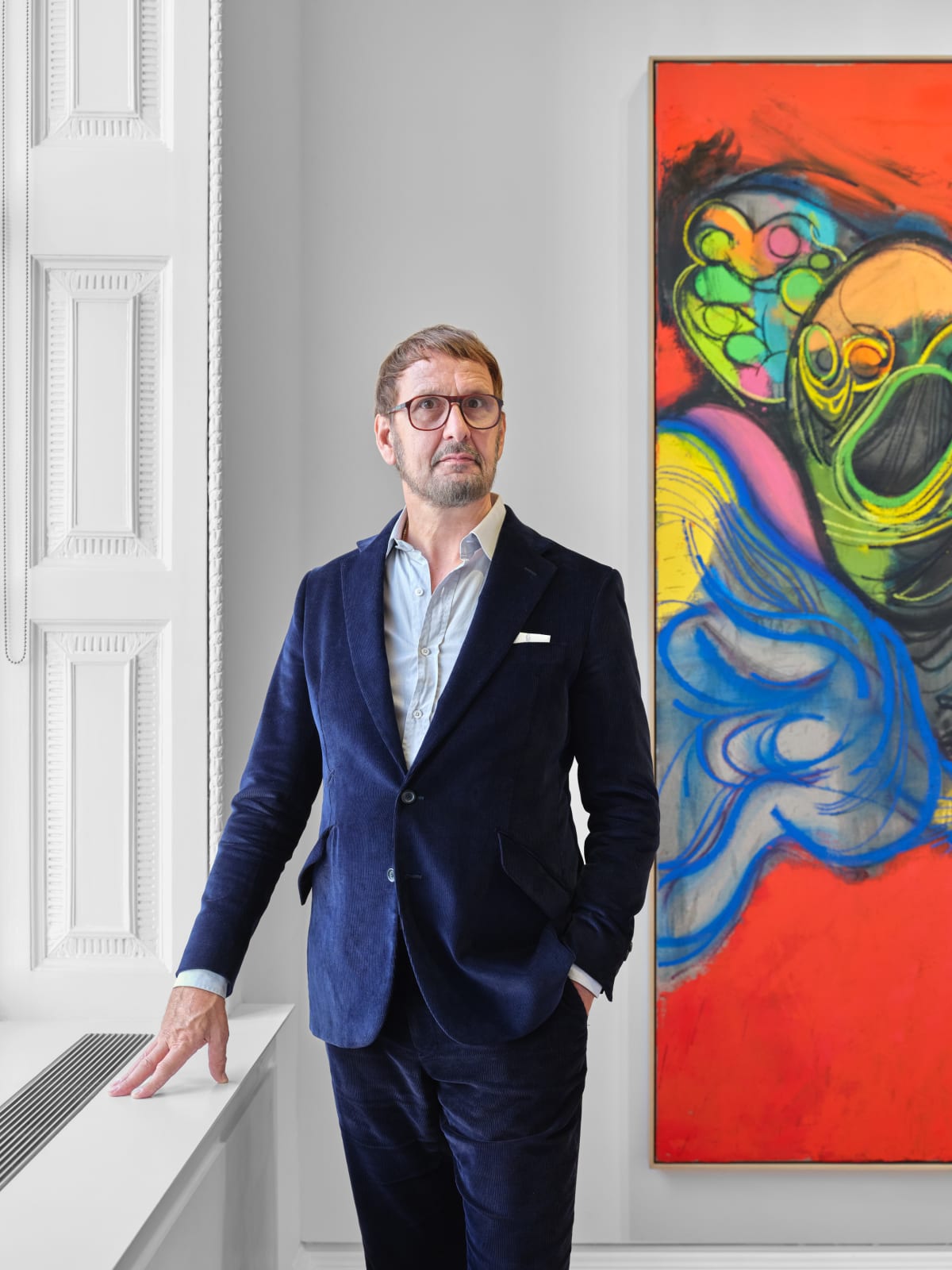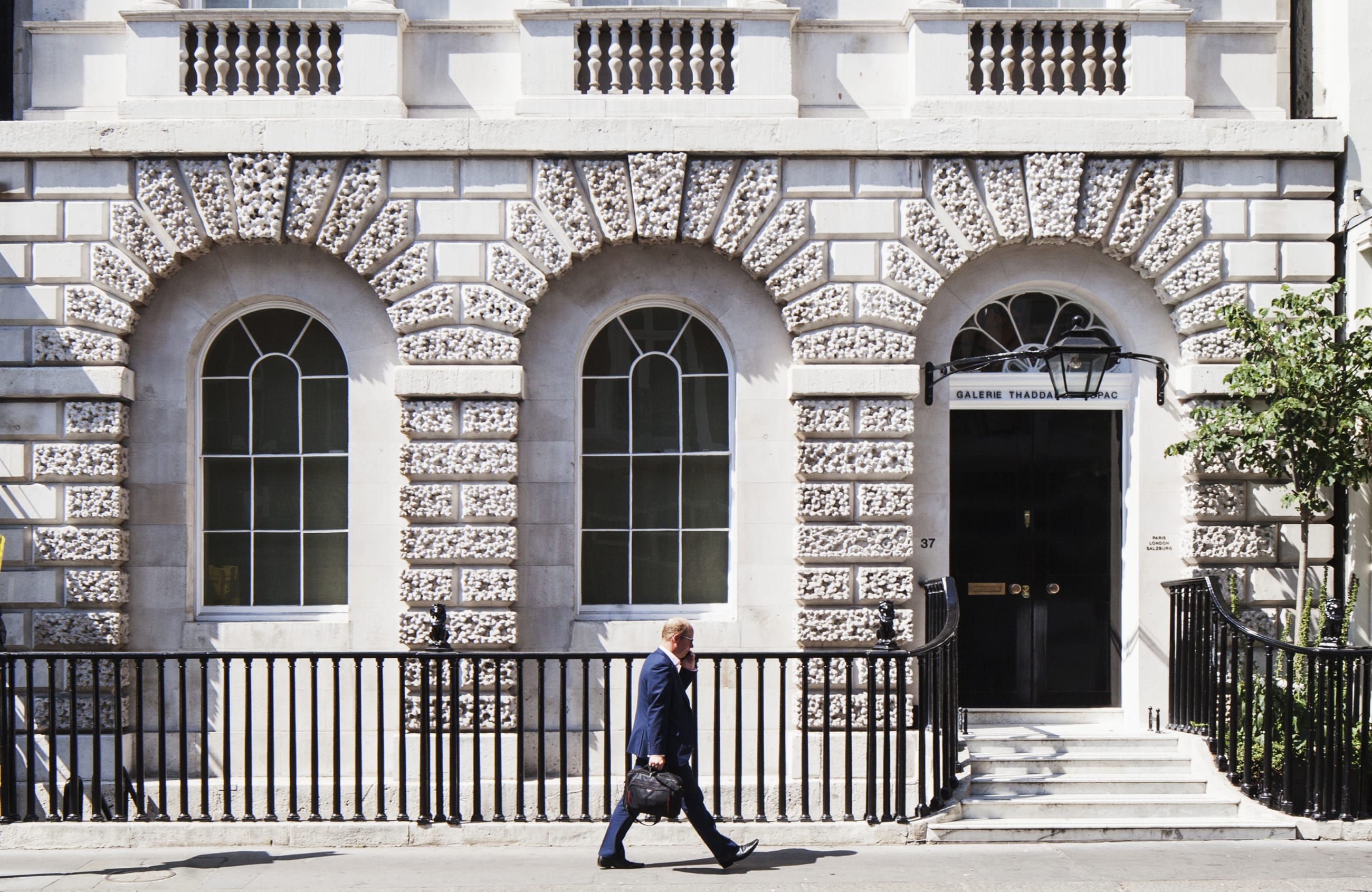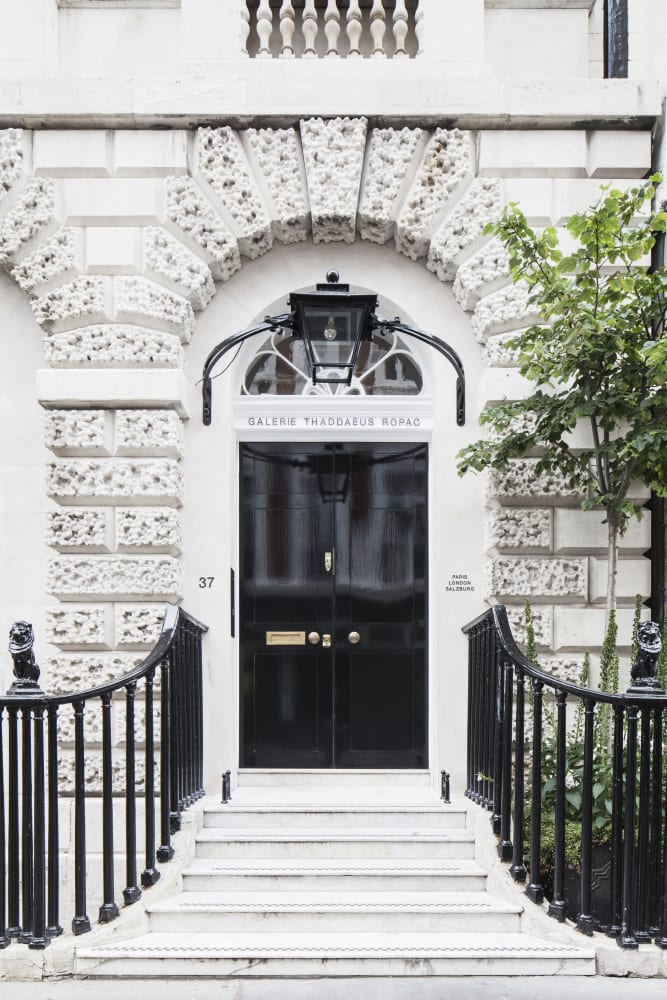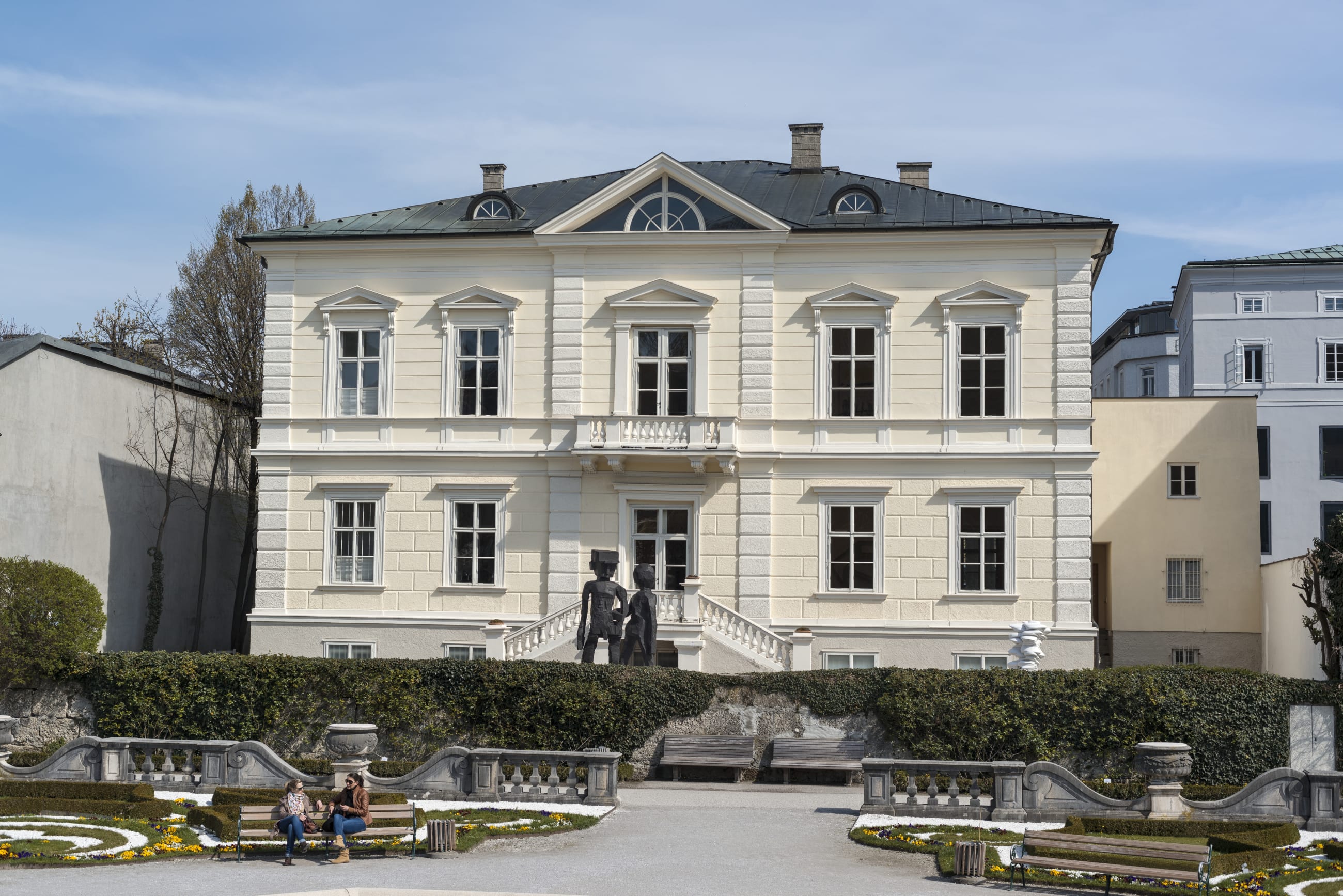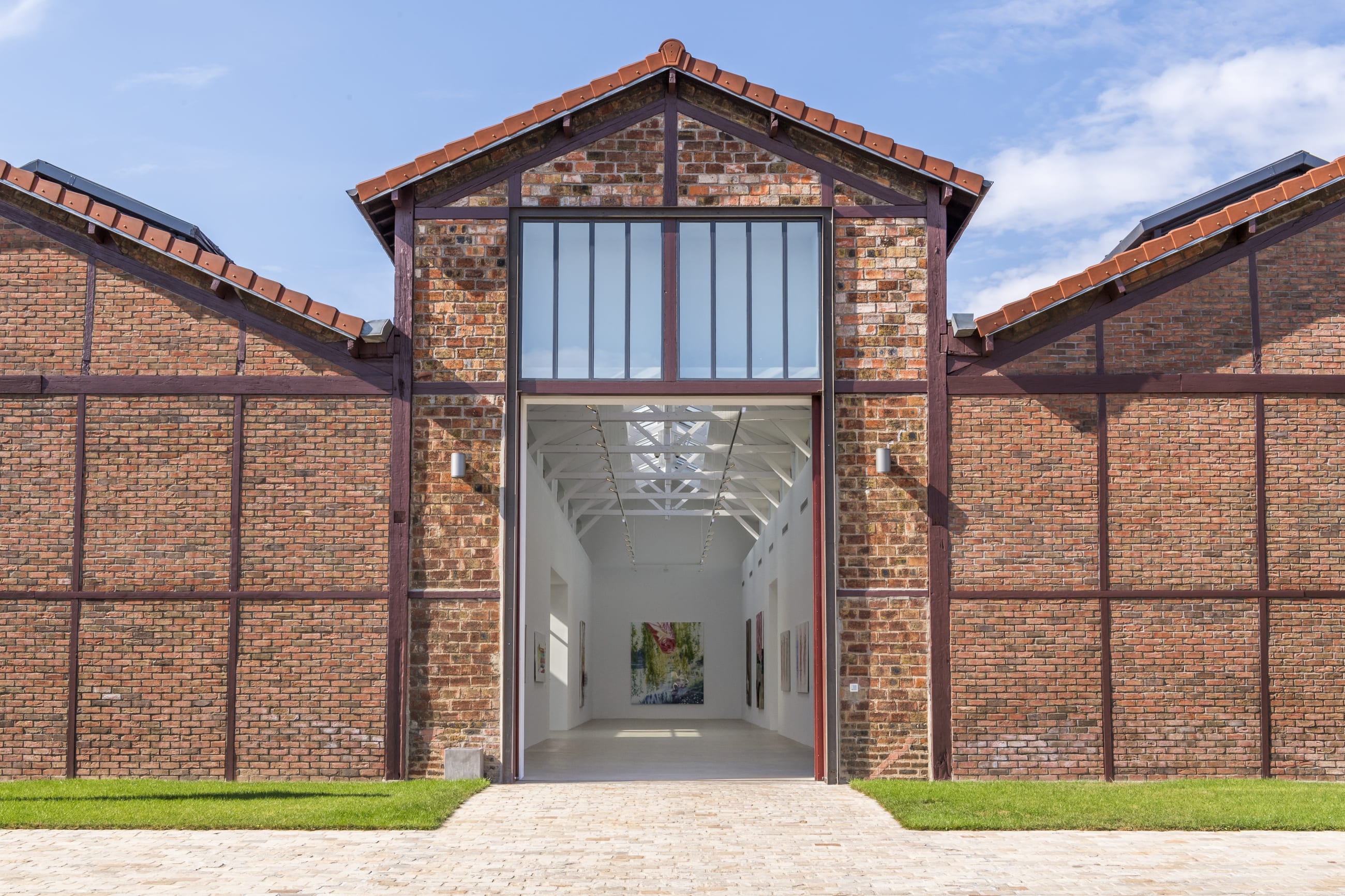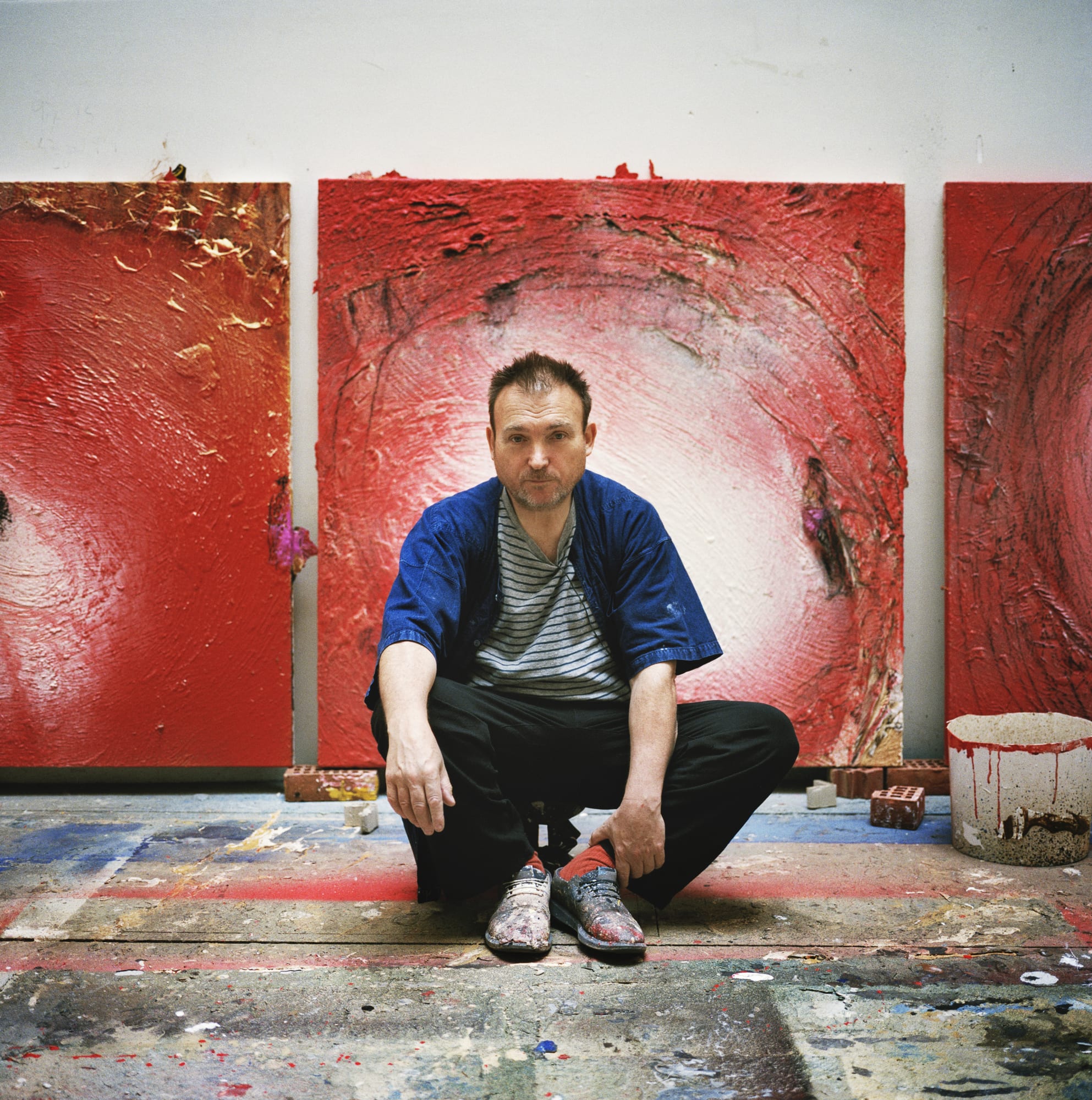

Miquel Barceló
Overview
'The references are never the objects depicted, the references are actually the materials used in painting. A self-thematisation of painting. The painter is and remains the main subject.'
One of Spain's most acclaimed contemporary artists, Miquel Barceló is known for his relief-like mixed-media paintings, expressive bronze sculptures and ceramics. An artistic nomad, his fascination with the natural world has inspired richly textured canvases that evoke the earthy materiality of Art Informel, as well as compositions that study the effects of light and the ever-changing colours of the sea. Always experimenting with non-traditional materials such as volcanic ash, food, seaweed, sediments and homemade pigments, his works carry the traces of the fierce energy that animates his creative process.
In the mid 1980s, Barceló began eliminating narrative elements from his works, creating an increasingly unreal space punctuated by holes, cracks and transparencies. This process of simplification culminated in 1988, a year in which he travelled across the Sahara and created his white paintings. Relying on cultural and geographical diversity for inspiration, his time in Mali, where he established a studio, was a formative experience. For Barceló, painting is a visceral way of relating himself to the world and, as such, his art connects with the primitive beauty of cave paintings. He expands the technical boundaries of representation, while remaining rooted in the grand tradition of painting, following in the footsteps of Picasso or Goya when representing bullfight scenes or Baroque painters when completing a commission for the Palma de Mallorca Cathedral.
One of Spain's most acclaimed contemporary artists, Miquel Barceló is known for his relief-like mixed-media paintings, expressive bronze sculptures and ceramics. An artistic nomad, his fascination with the natural world has inspired richly textured canvases that evoke the earthy materiality of Art Informel, as well as compositions that study the effects of light and the ever-changing colours of the sea. Always experimenting with non-traditional materials such as volcanic ash, food, seaweed, sediments and homemade pigments, his works carry the traces of the fierce energy that animates his creative process.
In the mid 1980s, Barceló began eliminating narrative elements from his works, creating an increasingly unreal space punctuated by holes, cracks and transparencies. This process of simplification culminated in 1988, a year in which he travelled across the Sahara and created his white paintings. Relying on cultural and geographical diversity for inspiration, his time in Mali, where he established a studio, was a formative experience. For Barceló, painting is a visceral way of relating himself to the world and, as such, his art connects with the primitive beauty of cave paintings. He expands the technical boundaries of representation, while remaining rooted in the grand tradition of painting, following in the footsteps of Picasso or Goya when representing bullfight scenes or Baroque painters when completing a commission for the Palma de Mallorca Cathedral.
Born in 1957 in Felanitx, Mallorca, Barceló lives and works between Paris and Mallorca. In 1974, he was admitted to Palma de Mallorca's Fine Arts School, before joining the Royal Academy of Fine Arts in Barcelona. In 1976, he was involved in the happenings and protests of Taller Llunatic, an avant-garde conceptual group. Despite his deep-rooted connection to Spain, he draws inspiration from his time spent in various locations, having lived and worked in Barcelona, Portugal, Palermo, Paris, Geneva, New York, the Himalayas and West Africa. He gained international recognition after his participation in the São Paulo Biennial (1981) and documenta 7 in Kassel (1982). In 2009, he represented Spain at the 53rd Venice Biennale. His work has been exhibited at the Centre Pompidou, Paris (1996); Museo Nacional Centro de Arte Reina Sofía, Madrid (1999); Musée du Louvre, Paris, where he showed over 300 drawings illustrating Dante's Divine Comedy (2004); Museo Rufino Tamayo, Mexico City (2005); Museo d'arte della Svizzera italiana Lugano, Switzerland (2006); Irish Museum of Modern Art, Dublin (2008); CAC Málaga (2008); Bank Austria Kunstforum Wien, Vienna (2012); Bibliothèque nationale de France, Paris (2016); and Musée Picasso, Paris (2016). His public commissions include large-scale sculptural installations for the Chapel of Saint Peter in the Cathedral of Palma de Mallorca (2001-06) and the Human Rights and Alliance of Civilizations Chamber at the United Nations Headquarters in Geneva (2008).
Videos
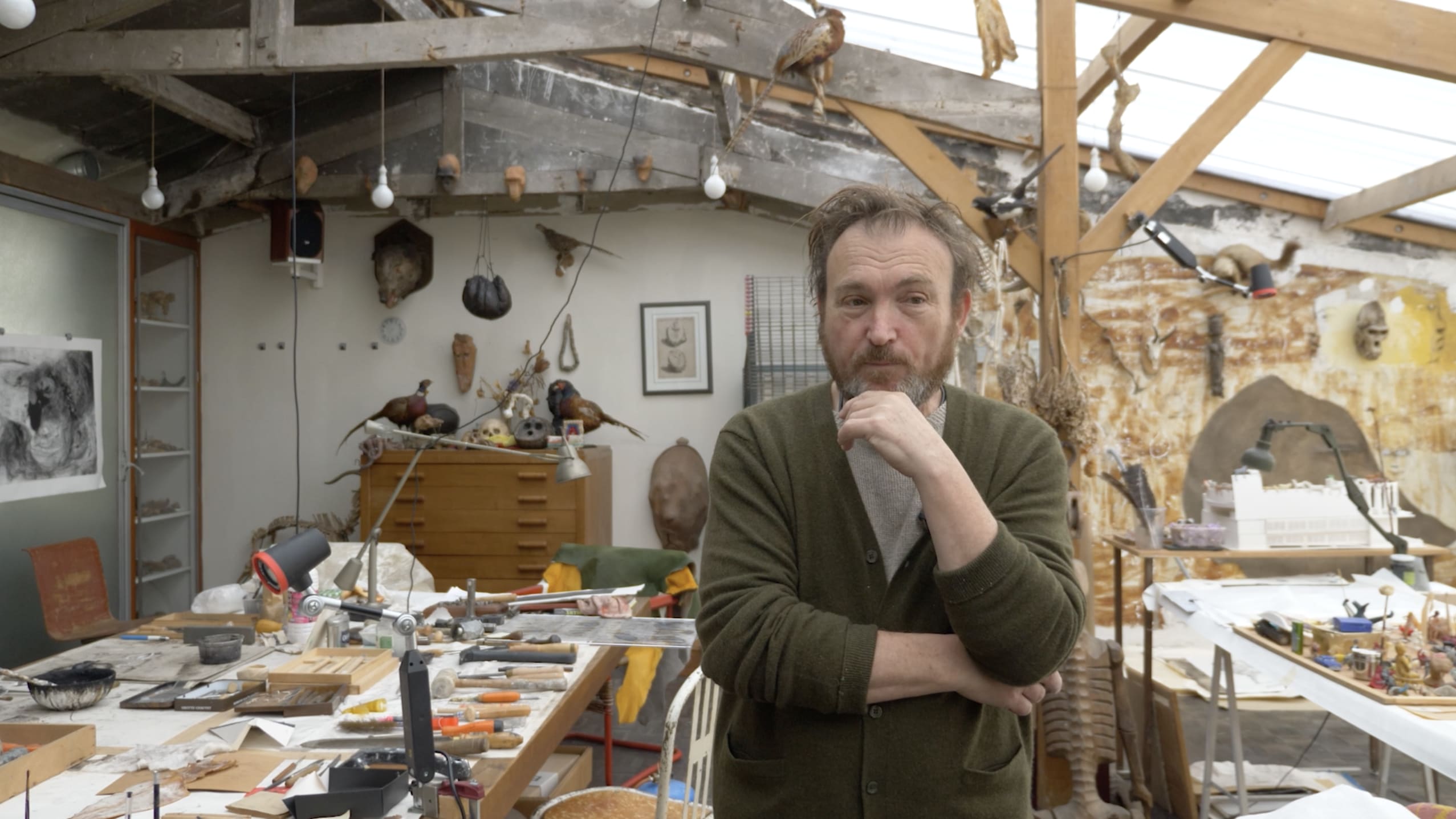



Artworks
Exhibitions
Publications







